Aloe vera, celebrated for centuries for its healing properties, is not only beneficial for the skin but also for hair care. This plant, with its gel-filled leaves, is often grown at home and used in its raw form. The clear, slightly watery gel is particularly good for soothing skin and moisturizing hard-to-hydrate low porosity hair.
Applying aloe vera gel directly to the scalp and hair can rejuvenate dry, damaged locks. Just let the gel sit for about an hour before rinsing with a mild shampoo. This simple treatment can leave your hair refreshed and revitalized. Wondering, “Is aloe vera good for low porosity hair?” Continue reading to find out why it might be an ideal solution for enhancing your hair’s moisture and health.
Is Aloe Vera Good For Low Porosity Hair?
Yes, aloe Vera gel is an excellent, cost-effective solution for enhancing the health and manageability of low porosity hair, which can often be challenging to moisturize effectively.
This natural remedy is rich in vitamins and minerals that nourish the hair, promoting hydration and elasticity. Aloe Vera is also renowned for its soothing properties, which can help calm the scalp and reduce frizz, making it ideal for sensitive skin types.
Aloe Vera gel not only hydrates and softens the strands but also provides a mild hold, helping to maintain your hairstyle throughout the day. Regular use of Aloe Vera gel can lead to healthier, shinier hair that is easier to manage and style.
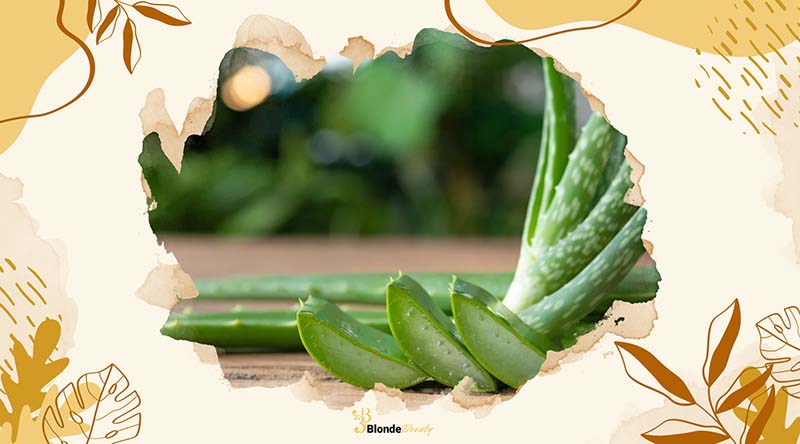
Aloe Vera Benefits for Your Hair
Soothes an Itchy Scalp
Seborrheic dermatitis, commonly known as dandruff, causes an itchy scalp and flaking skin. Aloe vera can help treat these symptoms.
A 1998 study found that aloe vera helped reduce scalp inflammation associated with dandruff. The fatty acids in aloe vera have anti-inflammatory properties that contribute to this effect.
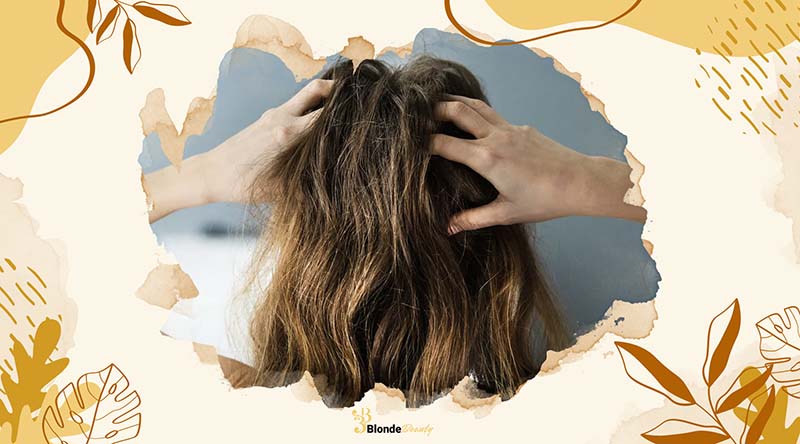
Deeply Cleanses Oily Hair
Aloe vera effectively cleanses the hair shaft, removing excess oil and residue from other hair products.
Unlike harsh chemicals in many hair products, aloe vera is gentle and maintains the integrity of your hair. Using aloe vera can result in healthier, shinier, and softer hair.
Strengthens and Repairs Hair Fibers
Aloe vera is rich in vitamins A, C, and E, which contribute to cell turnover, promoting healthy cell growth and shiny hair. It also contains vitamin B12 and folic acid, which can help prevent hair loss.
While there are no conclusive studies proving aloe vera prevents hair loss, its high collagen content and cooling properties make it a popular choice for skin and hair care, potentially repairing sun damage to your hair.
Promotes Hair Growth
When your scalp is cleansed and your hair is conditioned with aloe vera, you might notice reduced hair breakage and loss.
Many people claim that aloe vera accelerates hair growth, but there is currently little clinical evidence to support these claims. However, a clean, well-conditioned scalp is essential for healthy hair growth.
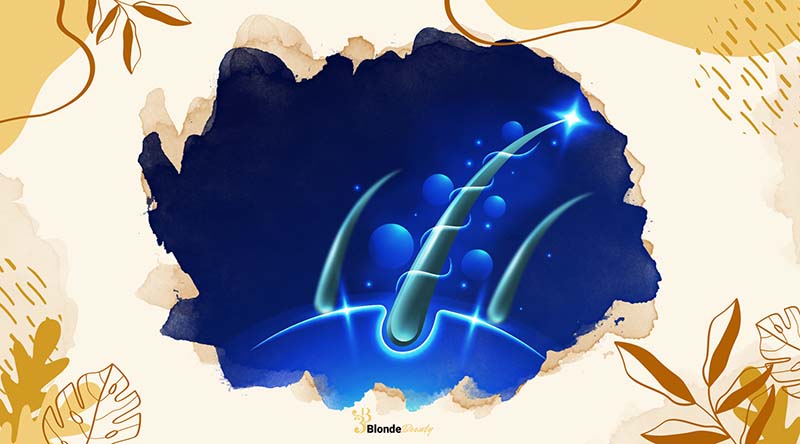
Notes:
- Combine aloe vera with other natural ingredients like coconut oil or honey for enhanced hair care benefits.
- Regular use of aloe vera can also help maintain scalp health by balancing pH levels and reducing dandruff.
How to Use Aloe Vera for Hair
Individuals interested in aloe vera for hair care have various options, ranging from homemade remedies to mass-produced products.
Applying Fresh Aloe Vera Gel
For those who prefer using fresh aloe vera gel directly on their scalps:
- Cut a leaf from a live aloe vera plant.
- Use a spoon to collect the gel (some prefer blending it with coconut or olive oil).
- Rub the gel or mixture directly into the scalp and let it sit for an hour.
- Wash the hair and scalp with a mild shampoo.
- Repeat this process 2-3 times a week, as needed.
Since some people are sensitive to aloe vera, it’s best to proceed cautiously. Try rubbing a small amount of the gel onto the wrist first to see if there is a reaction before applying it to the scalp.
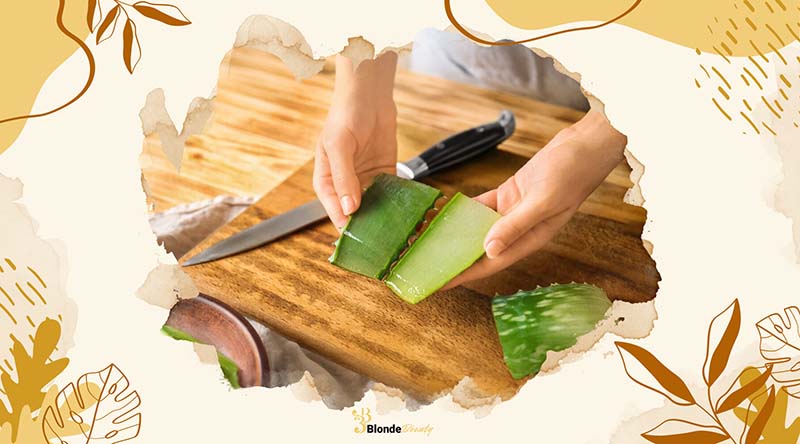
Using Aloe Vera in Hair Masks
Hair masks are also a popular way to use aloe vera for hair care. For this approach, mix aloe vera with one of the following:
- Honey
- Jojoba oil
- Egg whites
- Fenugreek
Massage the mixture into the scalp and hair, wear a shower cap, and leave it on for 15 minutes to 1 hour. Then, rinse it off with a mild shampoo.
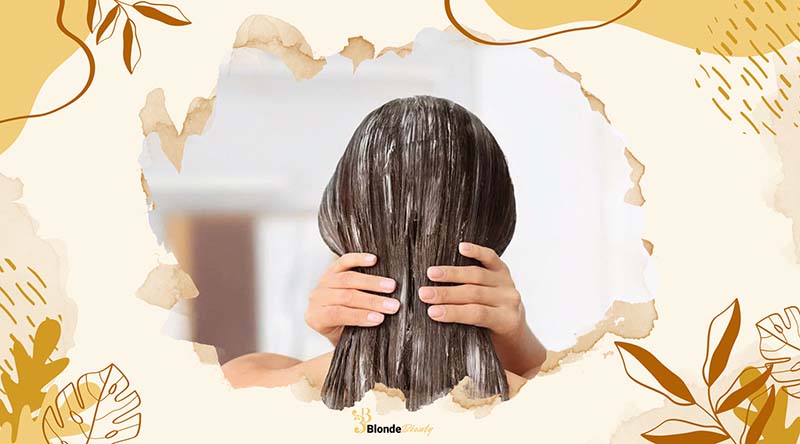
Buying Aloe Vera Products
It is also possible to buy aloe vera in various commercial products, such as shampoos, conditioners, and hair masks.
Notes:
- Using aloe vera as a leave-in conditioner can help manage frizz and add shine to your hair.
- Always store fresh aloe vera gel in the refrigerator to maintain its potency and extend its shelf life.
Side Effects of Using Aloe Vera
Aloe vera gel is generally safe for most people, but it’s important to be aware of potential allergies.
Patch Test for Allergies
Before applying aloe vera topically, conduct a patch test. Rub a small amount of aloe vera on the inside of your wrist and wait up to 2 hours. If your skin reacts poorly, you may have an aloe sensitivity and should avoid using it.
Interaction with Hydrocortisone Cream
Be cautious if you are using hydrocortisone cream on your skin. Aloe vera can increase the absorption of cortisone, potentially leading to higher levels in your skin. To avoid complications, consult with a healthcare professional before combining these treatments.
By taking these precautions, you can safely enjoy the benefits of aloe vera for your hair and skin.
Notes:
- If you experience redness, itching, or swelling during the patch test, discontinue use immediately.
- Aloe vera can sometimes cause a mild tingling sensation when first applied. This is usually normal, but if it intensifies, rinse it off immediately.
- Avoid using aloe vera on deep cuts or severe burns without consulting a healthcare professional, as it may not be suitable for all types of wounds.
Tips for Using Aloe Vera
You can purchase aloe vera gel from stores but be sure to choose a product that is 100% pure aloe vera, free from added fragrances and alcohol. Alternatively, you can extract the gel directly from aloe vera leaves. These leaves can often be found at natural food stores, or you can grow aloe vera as a houseplant.
Here’s how you can do to extract gel from an Aloe Vera plant:
- Select an older, thicker leaf from the outer part of the plant and detach it.
- Allow the yellow latex to drain from the leaf and discard it, as this part can be irritating.
- Rinse the leaf thoroughly.
- Use a sharp knife to trim off the spiny edges.
- Peel the skin lengthwise using a knife or peeler to expose the clear gel.
- Scoop out the gel with a spoon or cut it out.
- Fresh aloe vera gel doesn’t last long but can be stored in a sealed container in the refrigerator for up to a week or frozen for longer preservation.
- Fresh aloe vera gel has a limited shelf life, but you can preserve it by storing it in a sealed container in the refrigerator for up to a week, or by freezing it.
For those combatting greasy hair, prepare a mixture of 1 to 2 tablespoons of aloe vera gel, 1 tablespoon of lemon juice, and 1 cup of water. Use this blend to rinse your hair after shampooing. Leave it on for a few minutes before rinsing thoroughly.
Notes:
- Store excess aloe vera gel in ice cube trays in the freezer for easy single-use portions.
- When growing aloe vera at home, ensure it gets plenty of sunlight and water it sparingly to keep the plant healthy and gel-rich.
Conclusion
More research is needed to confirm the full benefits of aloe vera gel for hair, but it remains a promising addition to hair care routines, especially for those with low porosity hair who struggle to maintain moisture. Aloe vera is celebrated for its hydrating properties and poses minimal risk, making it worth a try.
If you’re questioning, “Is Aloe Vera Good for Low Porosity Hair?” the answer could be particularly interesting. Low porosity hair, which tends to resist moisture and products, might benefit from aloe vera’s lightweight and hydrating nature. Including aloe vera in your regimen could offer a natural, beneficial boost to your hair’s overall health and appearance, with little downside.
For more great hair care advice and tips, be sure to check out more blogs from BlondeBeauty. Stay beautiful and keep shining.

Laureate Professor Clare Collins
Professor Clare Collins is a leading expert in nutrition and dietetics at the School of Health Sciences, part of the College of Health, Medicine and Wellbeing. Her work is changing the way we think about food and health. She grew up as one of nine children and was the first in her family to finish high school and go to college. This background gave her a strong work ethic and a deep appreciation for seizing opportunities.
As the Director of the Hunter Medical Research Institute’s Food and Nutrition Program and a recipient of three NHMRC Research Fellowships, Professor Collins is making a big difference in public health. She focuses on helping people who are often overlooked, using new technologies like apps and online programs to improve their nutrition and reduce the risk of chronic diseases.
Professor Collins is well-respected and has been recognized as a Fellow in four major health and science organizations. She leads a diverse team of experts, including dietitians, computer scientists, and engineers, working together on global health projects.
Her achievements are impressive. She has received over $29 million in research funding, published more than 450 papers, and helped 35 PhD and Master’s students complete their degrees. She’s also active in sharing her knowledge with the public. She has developed tools like the Australian Eating Survey and the Healthy Eating Quiz, and she often appears in the media to talk about nutrition.
PUBLISHED ARTICLES
- Collins, C. (2019). “The Effect of a Pilot Dietary Intervention on Pain Outcomes in Patients Attending a Tertiary Pain Service.”
- Collins, C. (2022). “Variation in cardiovascular disease risk factors among older adults.”
- Collins, C. (2022). “Evaluation of an online intervention for improving stroke survivors’ health-related quality of life: A randomised controlled trial.”
These articles show Professor Collins’s commitment to understanding how better nutrition can improve health. Her work is important for researchers, doctors, and anyone interested in healthy living.
